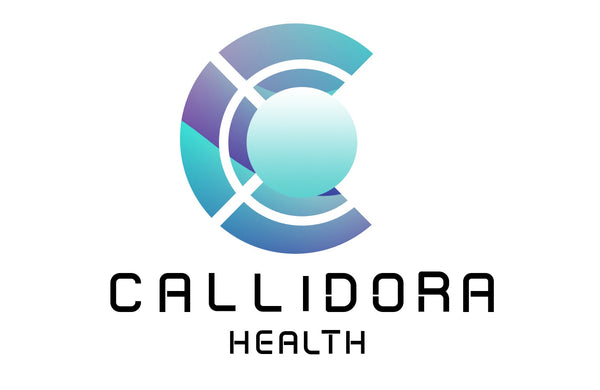Varicose veins and deep vein thrombosis (DVT) are common venous conditions that can lead to significant discomfort, pain, and even serious health complications if left untreated. Compression stockings are a popular and effective solution for managing these conditions, especially when they are designed to target the area above the knee. In this blog, we will explore how vein care compression stockings work, their benefits for individuals with varicose veins and DVT, and why wearing them can improve overall vein health.
What Are Vein Care Compression Stockings?
Vein care compression stockings are specialised garments designed to apply controlled pressure to the legs, helping improve blood flow, reduce swelling, and prevent the formation of blood clots. These stockings are made from elastic materials and are typically worn from the foot to above the knee, creating a gentle gradient compression that is stronger at the ankle and gradually decreases as it moves up the leg. This design helps push blood back up toward the heart, reducing the risk of blood pooling in the veins, which can lead to varicose veins, swelling, and DVT.
Compression stockings come in a range of compression levels, from mild to firm, and are often recommended by healthcare providers based on the severity of the condition and the specific needs of the individual.
How Do Compression Stockings Help with Varicose Veins and DVT?
-
Improved Circulation: Compression stockings are specifically designed to support the veins and improve blood circulation. By applying pressure to the legs, these stockings help promote the flow of blood back to the heart, reducing the strain on the veins and preventing blood from accumulating in the lower extremities. This is particularly important for individuals with varicose veins or DVT, as both conditions are caused by poor circulation.
-
Relief from Swelling and Pain: Varicose veins and DVT can lead to swelling, heaviness, and discomfort in the legs. The gentle compression provided by the stockings helps reduce swelling by preventing fluid retention and encouraging the movement of blood and lymphatic fluid. This leads to a noticeable reduction in pain and discomfort, helping individuals maintain a more active lifestyle.
-
Prevention of Blood Clots: DVT occurs when a blood clot forms in a deep vein, often in the legs, and can be a life-threatening condition if the clot breaks loose and travels to the lungs, causing a pulmonary embolism. Compression stockings help reduce the risk of blood clots by improving circulation and preventing blood from pooling in the veins. This is especially important for individuals who are at risk of developing DVT, such as those who are sedentary for long periods or recovering from surgery.
-
Support for Varicose Veins: Varicose veins are swollen, twisted veins that can cause discomfort, pain, and cosmetic concerns. Compression stockings provide external support to the veins, reducing the pressure on the vein walls and helping prevent them from becoming more enlarged. Over time, wearing compression stockings can improve the appearance of varicose veins and alleviate the associated discomfort.
-
Enhanced Recovery: For individuals recovering from surgery, injury, or venous procedures, compression stockings can aid in the healing process by improving blood flow and reducing the risk of complications like swelling and clot formation. Post-surgical patients often wear compression stockings as part of their recovery protocol to support their veins and promote healing.
Who Should Wear Compression Stockings Above the Knee?
Compression stockings above the knee are often recommended for individuals dealing with:
- Varicose veins: These enlarged and twisted veins cause pain, discomfort, and sometimes swelling. Compression stockings help manage symptoms and prevent the condition from worsening.
- Chronic venous insufficiency: A condition where the veins cannot efficiently return blood to the heart, leading to swelling, pain, and potential complications.
- Deep vein thrombosis (DVT): Compression stockings are often prescribed for individuals at risk of developing DVT to prevent clot formation and support circulation.
- Pregnancy-related swelling: Pregnant women, particularly in the later stages of pregnancy, may experience swelling and discomfort in the legs, and compression stockings can offer relief and reduce the risk of varicose veins.
- Prolonged immobility or surgery recovery: For individuals who have been immobile for extended periods or are recovering from surgery, compression stockings help reduce the risk of blood clots and improve circulation.
